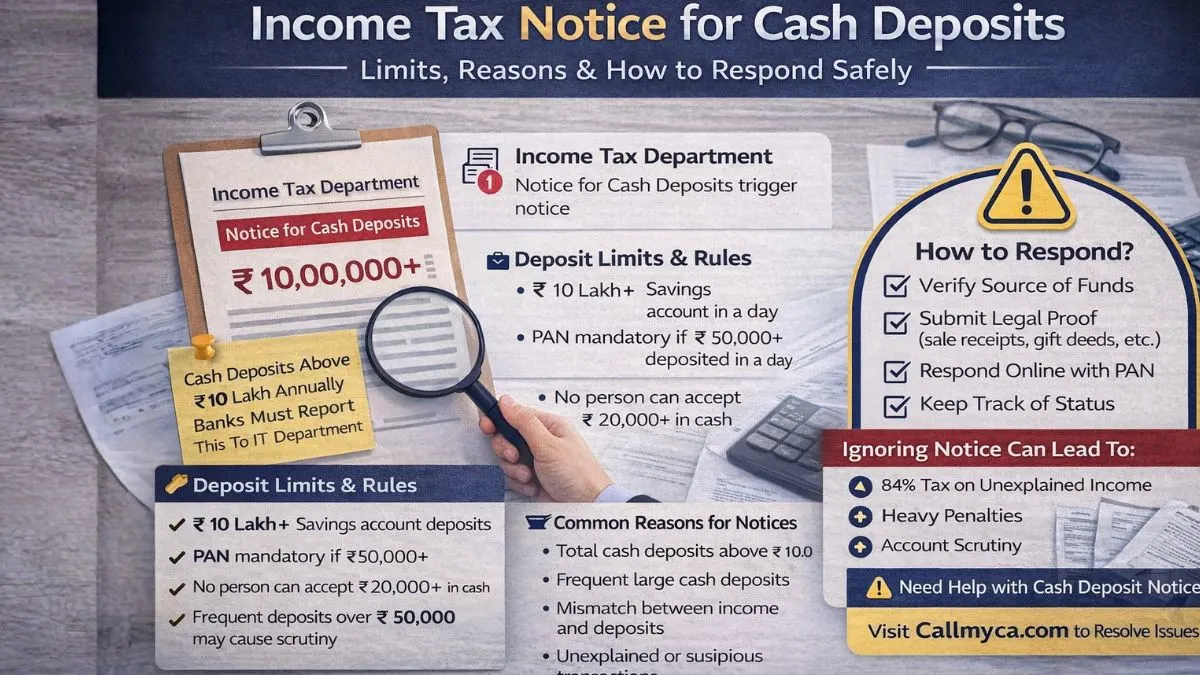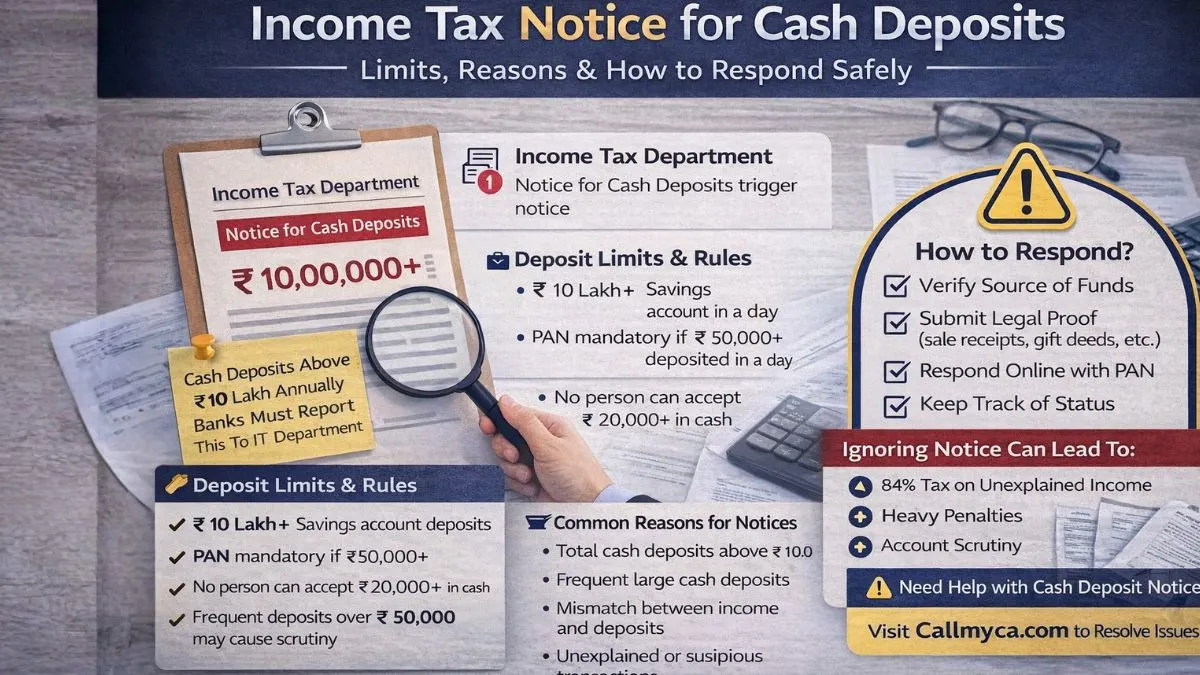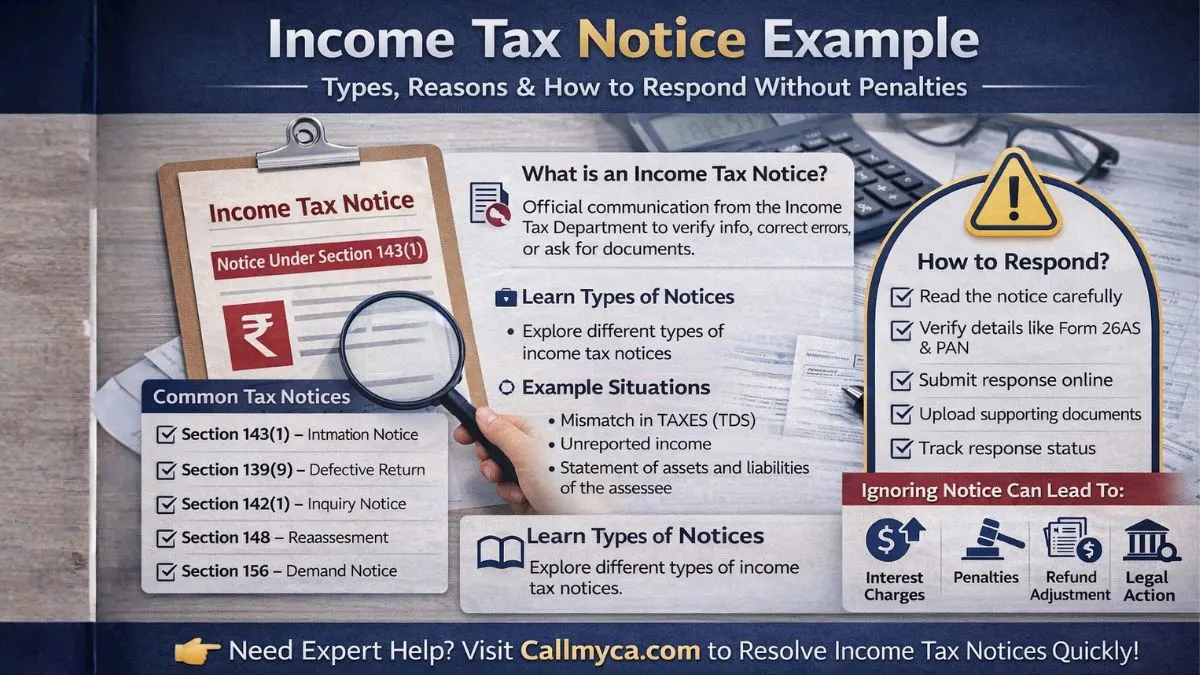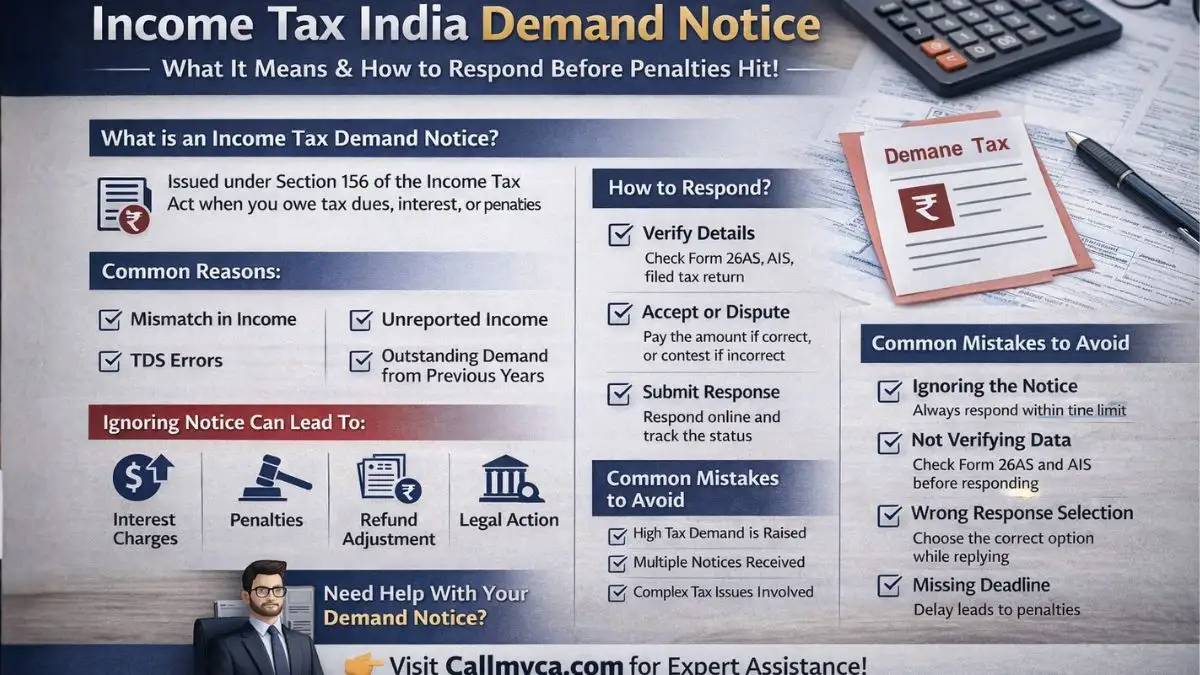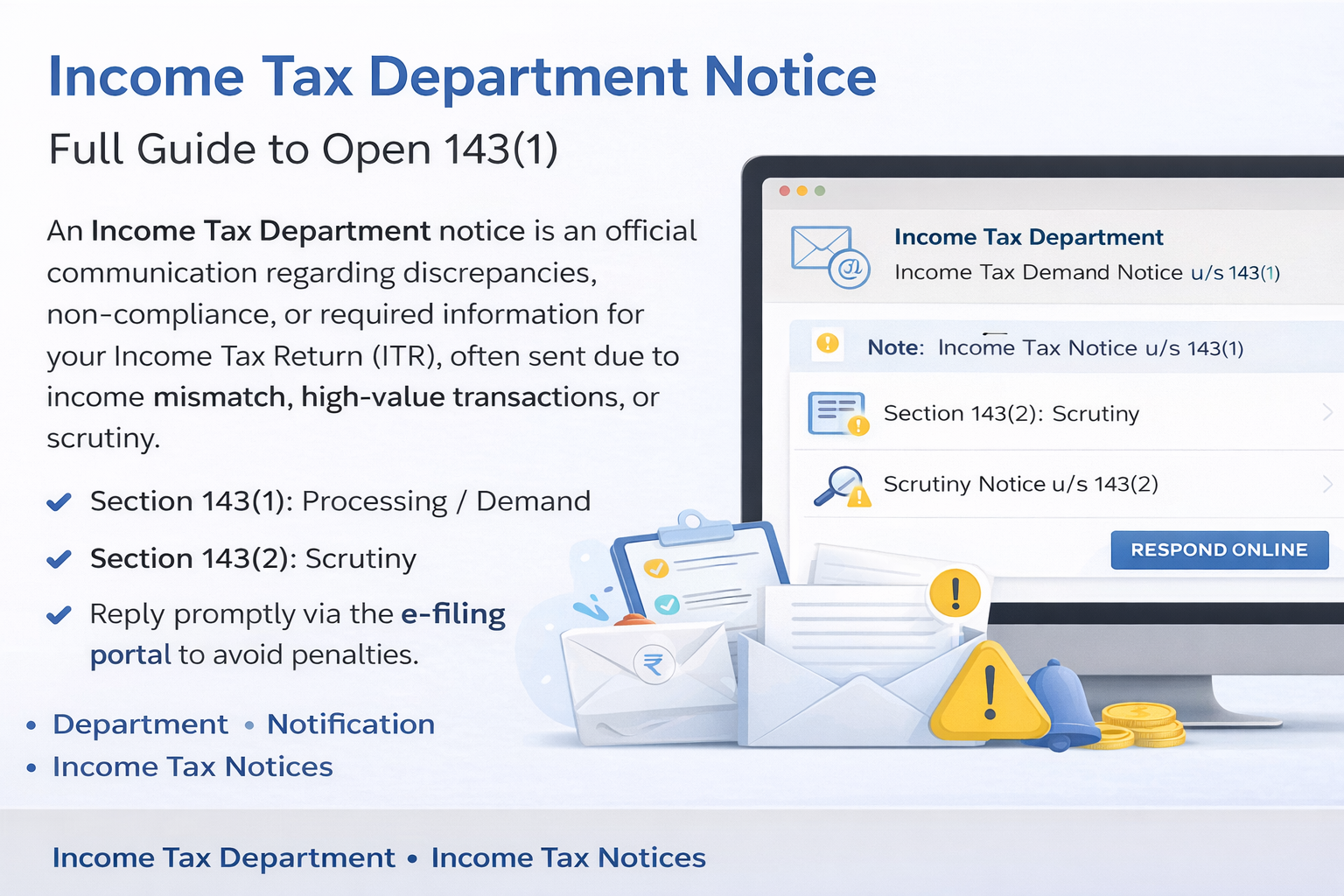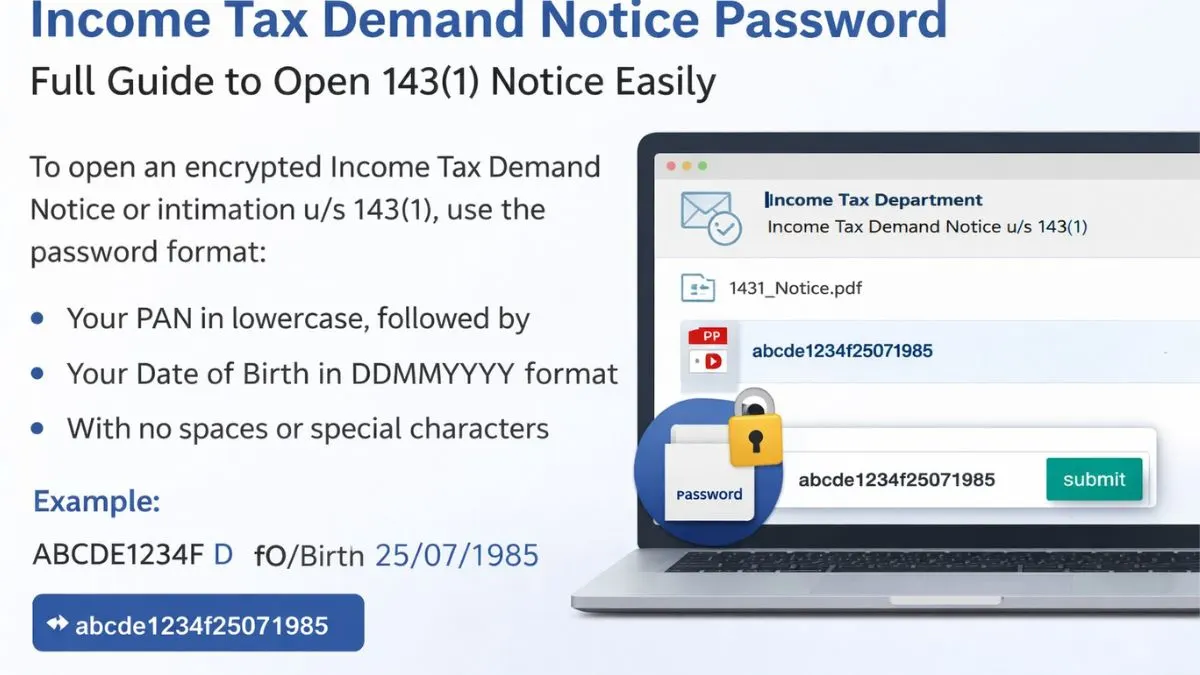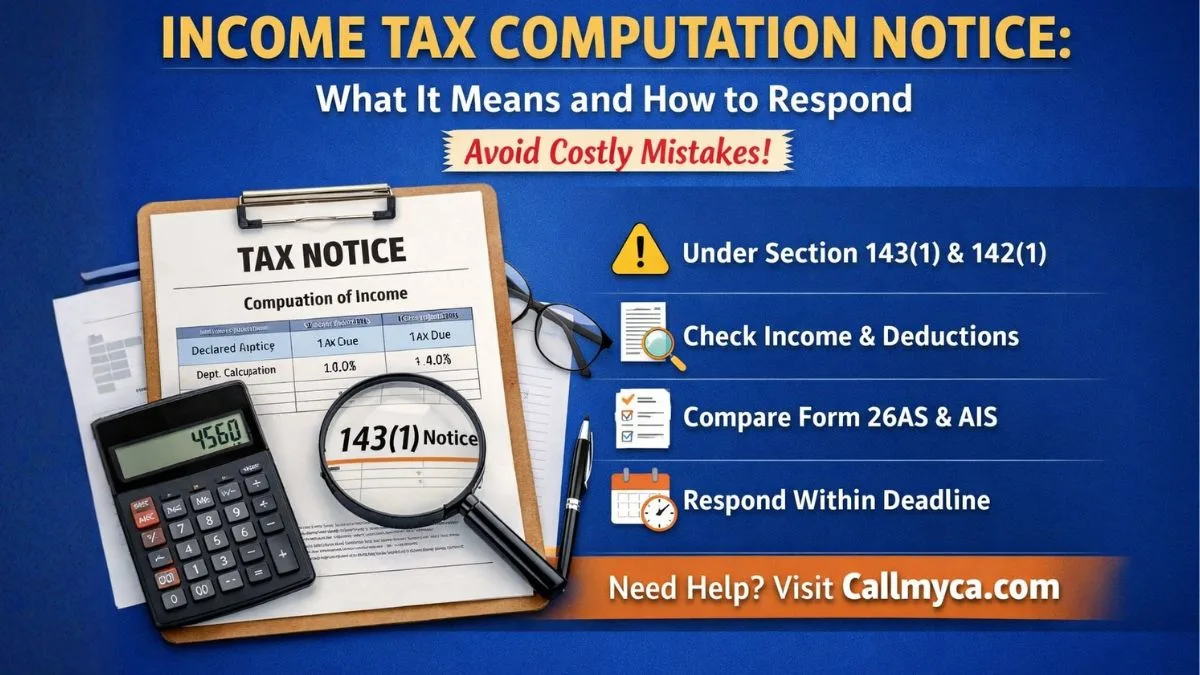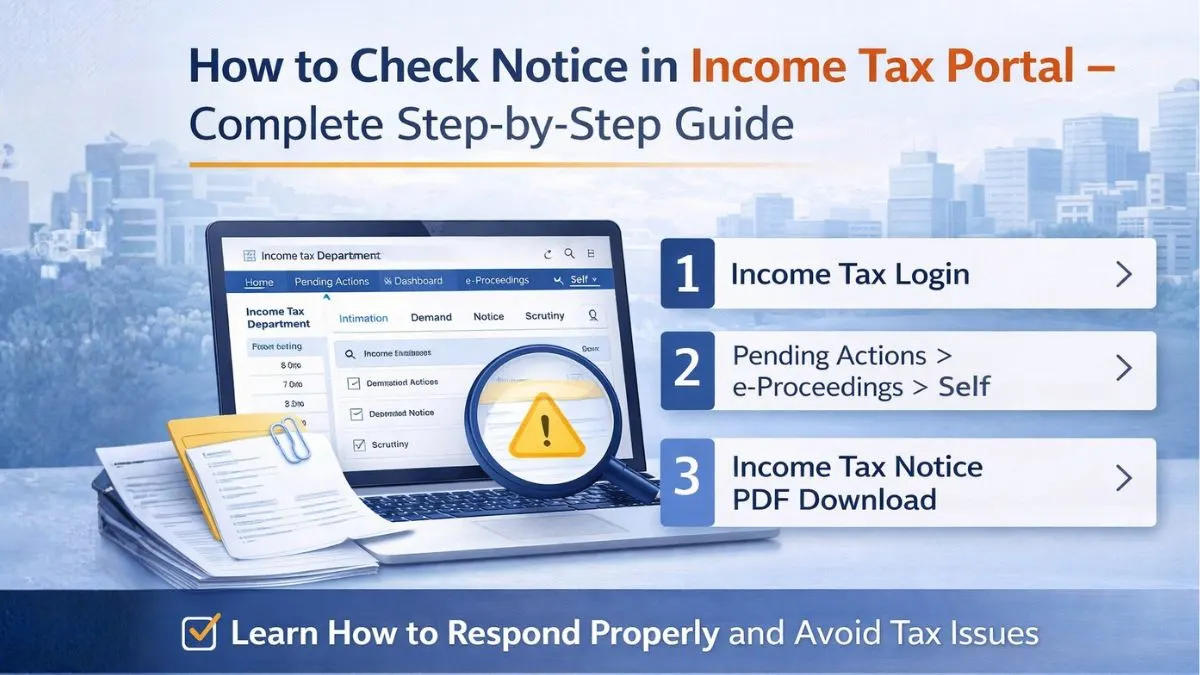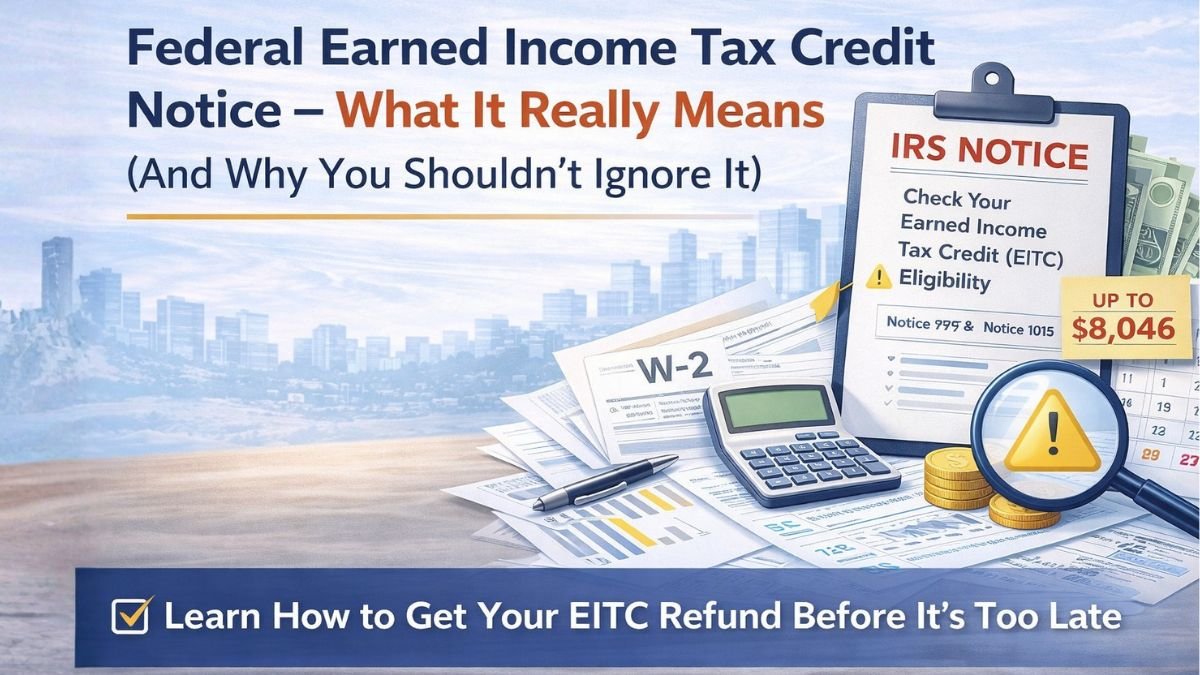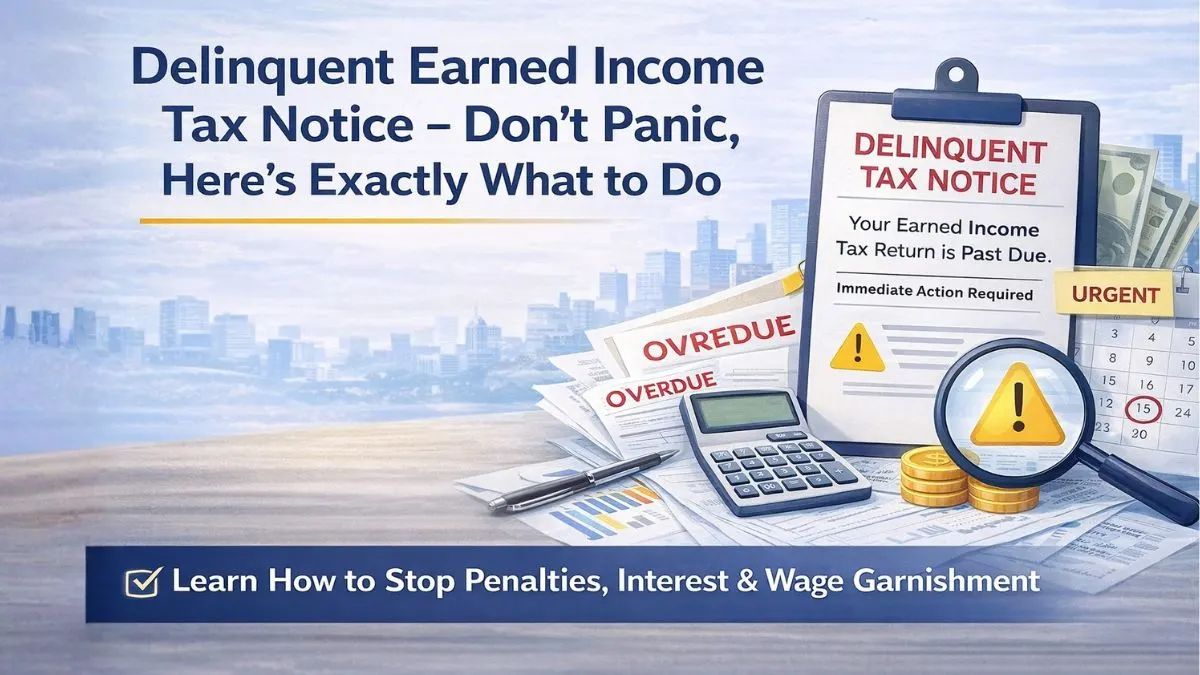
You’ve been paying TDS regularly, but did you know you could be liable for a higher TDS rate if you haven’t filed your ITR?
That’s where Section 206AB of the Income Tax Act, 1961 comes in — a provision introduced to penalise habitual non-filers and tighten compliance.
Let’s break this down in simple words.
📘 What is Section 206AB of the Income Tax Act?
Introduced via the Finance Act, 2021, Section 206AB is a Special provision for the deduction of tax at source for non-filers of income tax return.
In short, this section:
mandates higher TDS rates for specified individuals who have not filed their income tax returns for the last two years and have substantial TDS/TCS deductions.
🔍 Whom Does It Apply To?
This section applies to a person who:
- Has not filed income tax returns for the previous two assessment years, and
- Total TDS and TCS exceed ₹50,000 in each of those years
These taxpayers are called Specified Persons under Section 206AB.
💡 Such non-filers will face a higher TDS than the regular applicable rates.
📌 Key Provisions of Section 206AB
- Deduct TDS at higher rates than usual
- Applicable when payment is being made to a “specified person”
- The highest of the following three rates shall be applied:
- Twice the rate specified under the Act
- Twice the rate in force
- 5%
💡 Keyword use: Section 206AB mandates TDS at rates higher than the standard prescribed rates
🧾 Example to Understand Better
Let’s say you’re making a contractor payment of ₹5 lakhs to Mr. X.
Normally, TDS would apply at @1%.
But if Mr. X hasn't filed ITRs for the last 2 years, and his TDS/TCS was over ₹50,000 in each year:
→ Section 206AB will apply.
→ You’ll now deduct TDS at 5%, not 1%.
That’s a big jump — and that’s the point. It forces non-filers to comply and file their ITRs. "
🧠 What About Section 206CCA?
There’s a sister provision – Section 206CCA, which applies to TCS (Tax Collected at Source).
Both work together to enforce compliance among non-filers.
📌 Keywords: section 206ab & 206cca | compliance check for section 206ab & 206cca
🔍 How to Identify Non-Filers?
To simplify the process, the Income Tax Department provides a Compliance Check Tool:
- Visit the Income Tax Portal
- Use PAN to check the status
- Download reports for compliance verification
👉 This helps deductors determine whether Section 206AB applies or not. "
🧾 Declaration Format
In case deductees want to declare their compliance, there’s a standard declaration format that can be used.
📌 Keyword: Section 206AB of Income Tax Act declaration format
This declaration must include:
- PAN
- Confirmation of ITR filing
- Assessment years covered
- TDS/TCS amounts
📁 Documents and Records
Before deducting TDS at higher rates, maintain:
- Compliance check evidence
- ITR filing acknowledgements of deductees
- Communication trail (if declaration was requested)
⚠️ Exemptions
Section 206AB does not apply to:
- Non-residents without a permanent establishment in India
- TDS on salary (Section 192), lottery (194B), horse racing (194BB), cash withdrawals (194N), etc.
🧾 Summary Table
|
Particulars |
Normal Case |
If Section 206AB Applies |
|
TDS on Contractor Payment |
1% |
5% |
|
TDS on Professional Fees |
10% |
20% |
|
TDS on Commission |
5% |
10% or higher |
📌 Conclusion
Section 206AB is a compliance-enforcement tool, not just a tax provision. It rewards disciplined taxpayers and penalises habitual defaulters.
If you’re a business or a deductor, ensure you check compliance before making payments. And if you’re a deductee, remember — those who fail to file their returns on time will have a higher rate of TDS deducted.
👉 Need a declaration format or help with compliance checks? Visit CallMyCA.com or reach out to our TDS experts.

